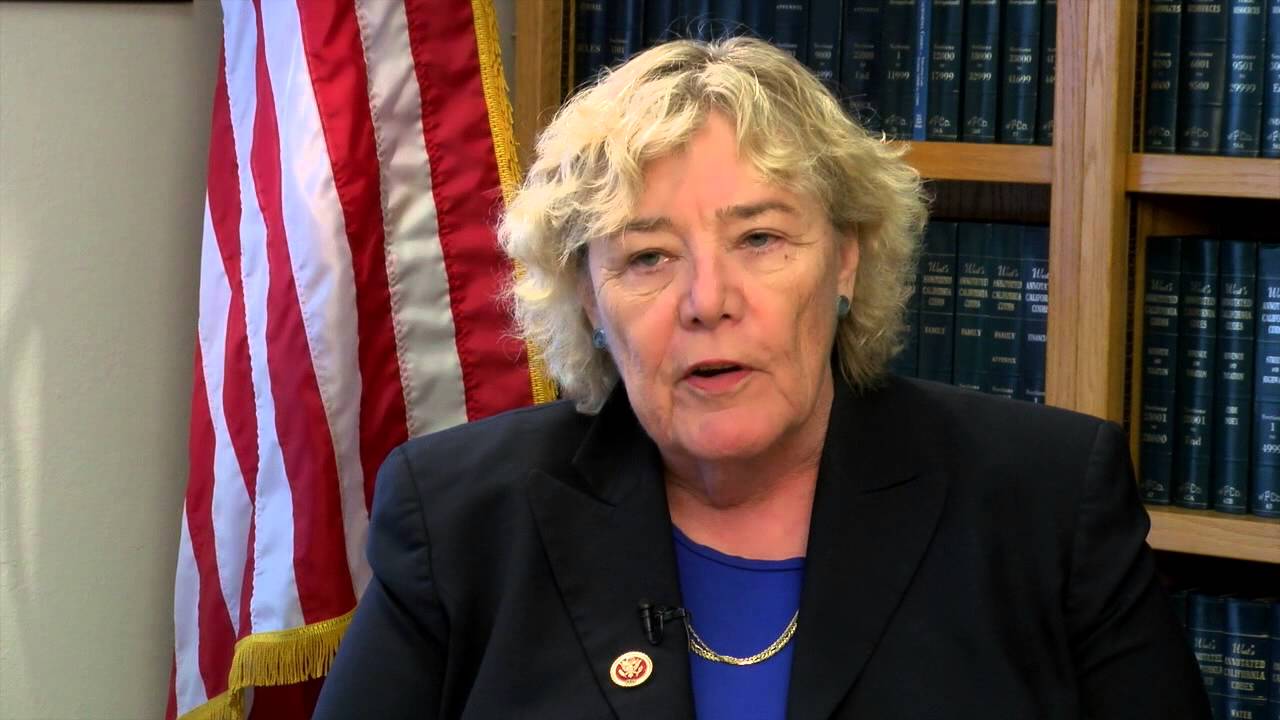To receive breaking news alert on H-1B and related visa issues, emal us at newsletter@americanbazaaronline.com. Mention H-1B in the subject line.
The bill mirrors an approach to curbing H-1B outsourcing abuse.

California Congresswoman Zoe Lofgren has introduced a bill in the House of Representatives last week proposing a steep increase in the wages of H-1B visa holders.
The bill, introduced on January 24, has proposed doubling the current minimum wage, which is $60,000 to $130,000; a move that could badly affect the tech companies in the US that rely on H-1B program to find cheap labor.
Many IT firms, those including Indian IT companies like TCS and Infosys, have been utilizing the H-1B visas to export cheap labor from India to replace American employees. Lofgren’s bill, one of the four bills currently before Congress proposing some sort of clamp down on H-1B visas, will have serious repercussions on these firms as they will be forced to hire Americans instead of foreign labor.
The Lofgren bill, titled “High-Skilled Integrity and Fairness Act of 2017,” has been introduced at a time when there are reports that President Donald Trump might come up with an executive order to clamp down H-1B and L1 Visas.
The current H-1B minimum wage, which was set in 1989, allows companies to hire foreign workers on a minimum salary of $60,000. The minimum wage has remained untouched for the last three decades and this has been largely benefiting the IT Industry to import talented workers from countries like India.
“My legislation refocuses the H-1B program to its original intent — to seek out and find the best and brightest from around the world, and to supplement the US workforce with talented, highly-paid, and highly-skilled workers who help create jobs here in America, not replace them,” Lofgren said.
“It offers a market-based solution that gives priority to those companies willing to pay the most. This ensures American employers have access to the talent they need, while removing incentives for companies to undercut American wages and outsource jobs,” she added.
Lofgren said her bill will put an end to the ‘per country’ cap for employment visas, giving a fair treatment to all skilled people regardless to the country of their origin.
It raises the salary level at which H-1B dependent employer are exempt from attestation requirements to a new required wage level of 35 percentile points above the median national annual wage for Computer and Mathematical Occupations published by the Department of Labor Occupational Employment Statistics (roughly $132,000), which would be adjusted in the future without the need for new legislation, and eliminates the Master’s Degree exemption for dependent employers.
The bill mirrors an approach to curbing H-1B outsourcing abuse reportedly favored by Trump Administration officials.
Highlights of the High-Skilled Integrity and Fairness Act 0f 2017:
- Increases prevailing wage requirements to protect U.S. workers by replacing the current 4-level wage calculation with a new, more balanced, geographically based 3-level formula which eliminates the lowest wage level and puts upward pressure on the wages in the remaining levels.
- Level 1 = mean of bottom 2/3 of wages surveyed
- Level 2 = mean of all wages surveyed
- Level 3 = mean of top 2/3 of wages surveyed
- Prioritizes market-based allocation of H-1B visas as follows:
1) Employers paying 200% of level 3 prevailing wage, then 150% of level 3
2) Employers paying 200% of level 2 prevailing wage, then 150% of level 2
3) Employers paying 200% of level 1 prevailing wage, them 150% of level 1
- Removes the “per country” cap for employment based immigrant visas so that all workers are treated more fairly and to move to a system where employers hire the most skilled workers without regard to national origin.
- Raises the salary level at which H-1B dependent employer are exempt from attestation requirements to a new required wage level of 35 percentile points above the median national annual wage for Computer and Mathematical Occupations published by the Department of Labor Occupational Employment Statistics (roughly $132,000), which would be adjusted in the future without the need for new legislation, and eliminates the Master’s Degree exemption for dependent employers.
- Sets aside 20% of the annually allocated H-1B visas for small and start-up employers (50 or fewer employers) to ensure small businesses have an opportunity to compete for high-skilled workers, while still protecting against outsourcing.
- Removes visa hurdles for students and other temporary visa holders by building a bridge from F-1 student status to Lawful Permanent Residence.
- Removes paperwork burdens by streamlining H-1B filing requirements and reducing administrative costs.



